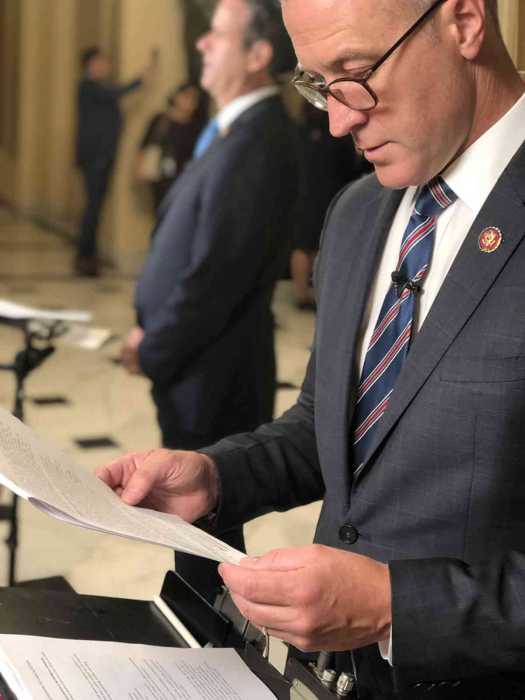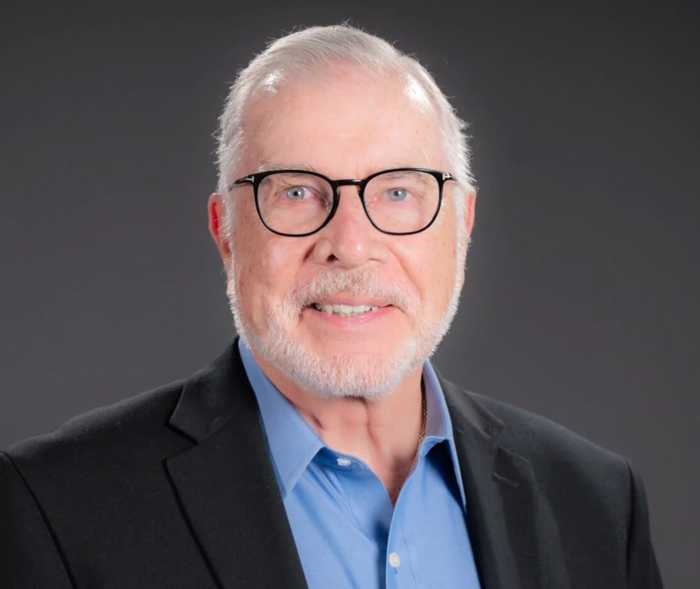“If gyms sell people on the idea that a gym affiliation is part of their identity, gyms can’t really be surprised when people quit because they no longer identify.”
This is my favorite sentence in a terrific commentary in The Atlantic on the Equinox-SoulCycle controversy, a self-inflicted wound caused and borne by the companies’ owner, Stephen M. Ross, whose support of Rump took the form of a $250,000 per person benefit for the Rump campaign in the Hamptons last weekend. Written by James Hamblin, MD, the short essay argues that Equinox and SoulCycle essentially brought the boycott on themselves because the gyms chose to sell an ethos, not just a membership: “If there is a trend in corporate accountability and scrutiny from consumers, it is also, poetically, exactly what brands such as SoulCycle and Equinox ask for. The companies sell their workouts as much more than just a workout. They sell a lifestyle, an identity — one of virtue and character and dedication.”
In other words, you’re not just buying the ability to do cardio for an hour when you join a gym, you’re buying a way of life, one that consists of constant betterment and self-realization on the road to physical and moral perfection. Of course, the self you’re attempting to realize has perfectly chiseled abs and superguns requiring hours and hours of hard, sweaty work, making the entire project virtually impossible for anyone who has, say, a job or is over the age of 35.
Hamblin continues: “Equinox uses the slogan ‘Commit to something,’ which was developed by the advertising agency Wieden + Kennedy. Last year, the agency’s creative director told Adweek that the goal of the campaign was to tell ‘stories revolving around real people. So we started asking, “Who best embodies commitment in a world where commitment is often lacking?”… You’ve got outnumbered pro-bono lawyers. Doctors facing insurmountable odds. Journalists in the era of “fake news.” Those fighting for gender and sexual equality.’”
Rather snidely, Hamblin goes on, “These dedicated professionals became the faces on the billboards for the gym — fitness models dressed as people who are committed to serious and consequential causes. Causes that are barely even tangential to exercising. The sales pitch is a bigger picture of character and ambition: This is an Equinox member, and if you join, you can be that person.”
I’m particularly fond of “fitness models dressed as people who are committed to serious and consequential causes.”
And in a brilliant closing takedown, Hamblin writes, “In its statement on Instagram this week, Equinox said, ‘No company profits are used to fund politicians. In fact, we are committed to all our members and the communities we live in.’ SoulCycle issued a similar statement about how it does not engage in politics. Neither company mentioned Trump’s policies — or objected to his dehumanizing large groups of people or degrading the basic norms of American democracy. For these morally infused lifestyle brands, this could be an opportunity to, you know, commit to something.”
Hot damn, Hamblin! You really nailed ‘em!
Jeffery Epstein killed himself. Why?
Because he ruined his own life and damaged the lives of others by sex-trafficking underage girls. Simple, right?
Wrong!
According to Rump, the Clintons killed him. Or maybe it was Rump himself. As attorney Danny Cevallos, writing in the Los Angeles Times, put it in an op-ed, some people point the finger at Rump, while other paranoiacs… well, I’ll let Cevalllos explain: “One far-fetched theory substitutes the Clintons for Trump as the shadowy powers who ordered a hit on Epstein. Technically, however, this theory can no longer be dismissed as ‘fringe,’ because it has been ratified by a very official figure: the president. On Saturday, as speculation ran rampant, Trump retweeted a post from the comedian Terrence Williams, who wrote ‘Died of SUICIDE on 24/7 SUICIDE WATCH? Yeah right! How does that happen #JefferyEpstein had information on Bill Clinton & now he’s dead.’ Trump’s tweets are official statements of the White House, which means that this fringe theory is no longer ‘fringe.’”
As Cevallos notes, one little problem with both inane theories is that “Epstein was not on suicide watch when he died, and even if he had been the outcome might have been the same. A study by the US Marshals Service found that about eight percent of suicides in correctional facilities occurred even though an inmate was on suicide watch. According to the report, the vast majority of suicides (more than 90 percent) are hangings, with the second most common being drug overdoses.”
Cevallos also points out the most obvious reason Epstein had no need for a final push off the planet: “One day he was living on his own private island; the next he was in a concrete box,” meaning a jail cell. If I were Jeffery Epstein, I’d have killed myself, too. And I don’t even know Rump or Clinton. Or Humbert Humbert, for that matter.





































